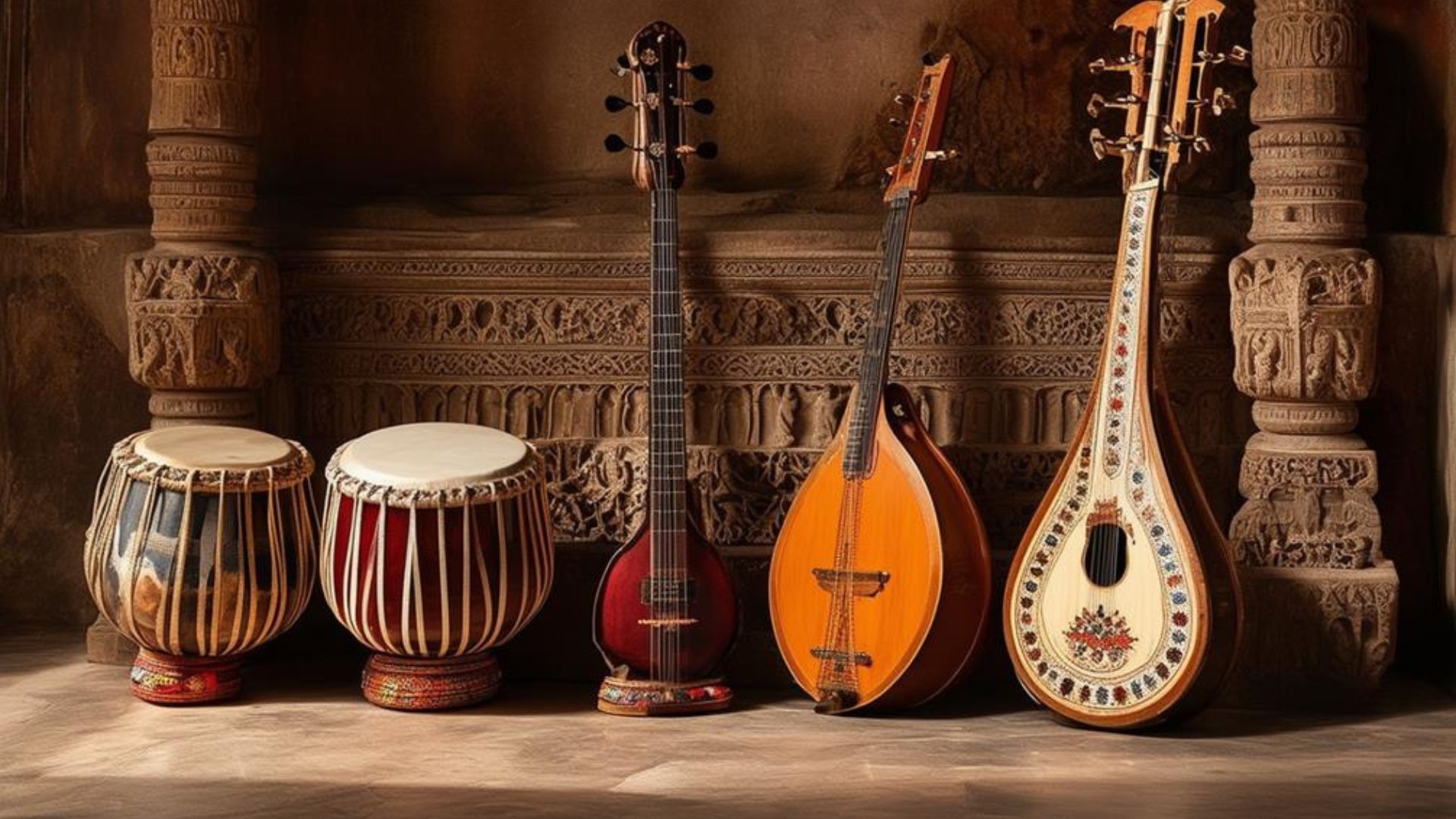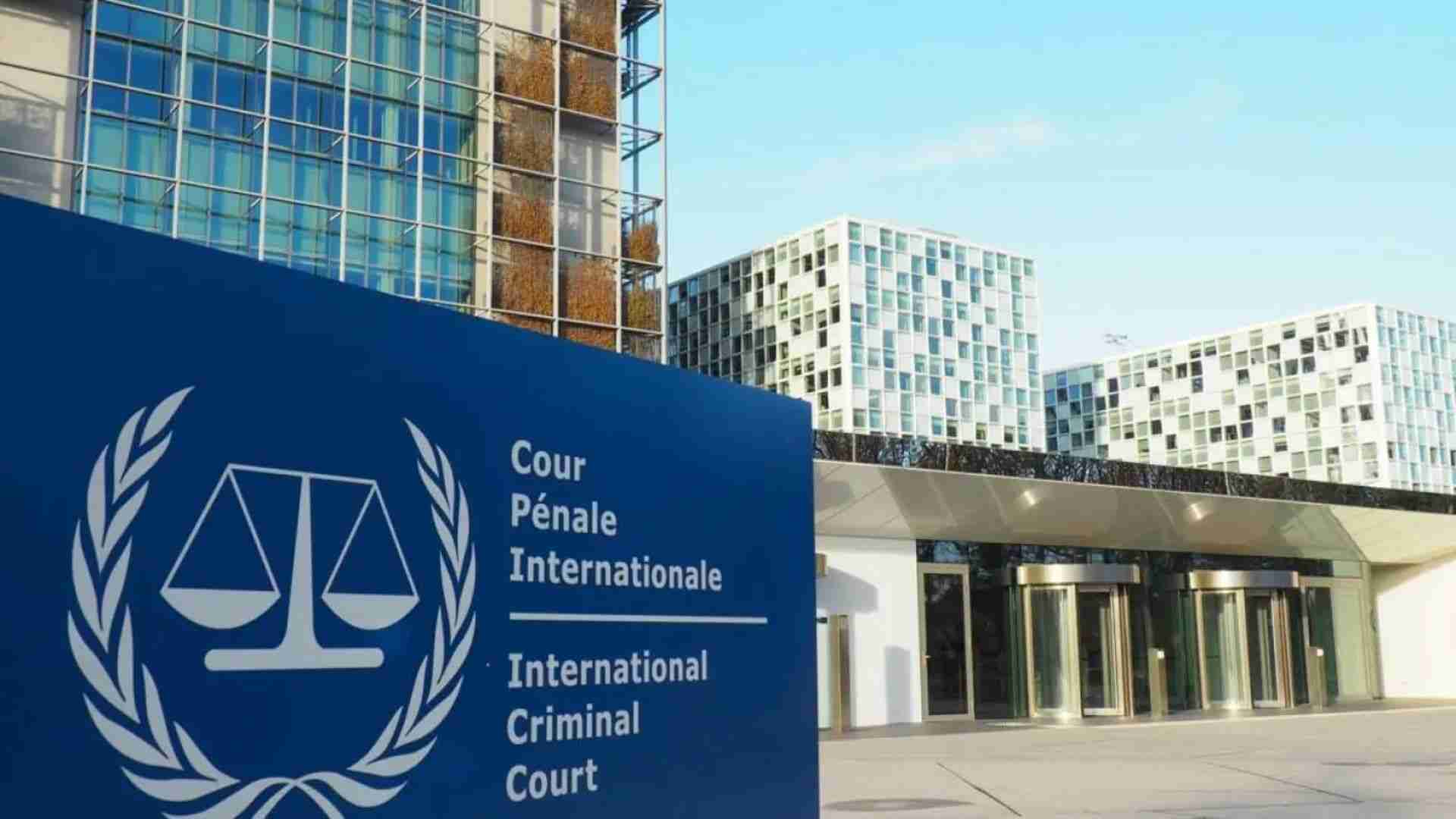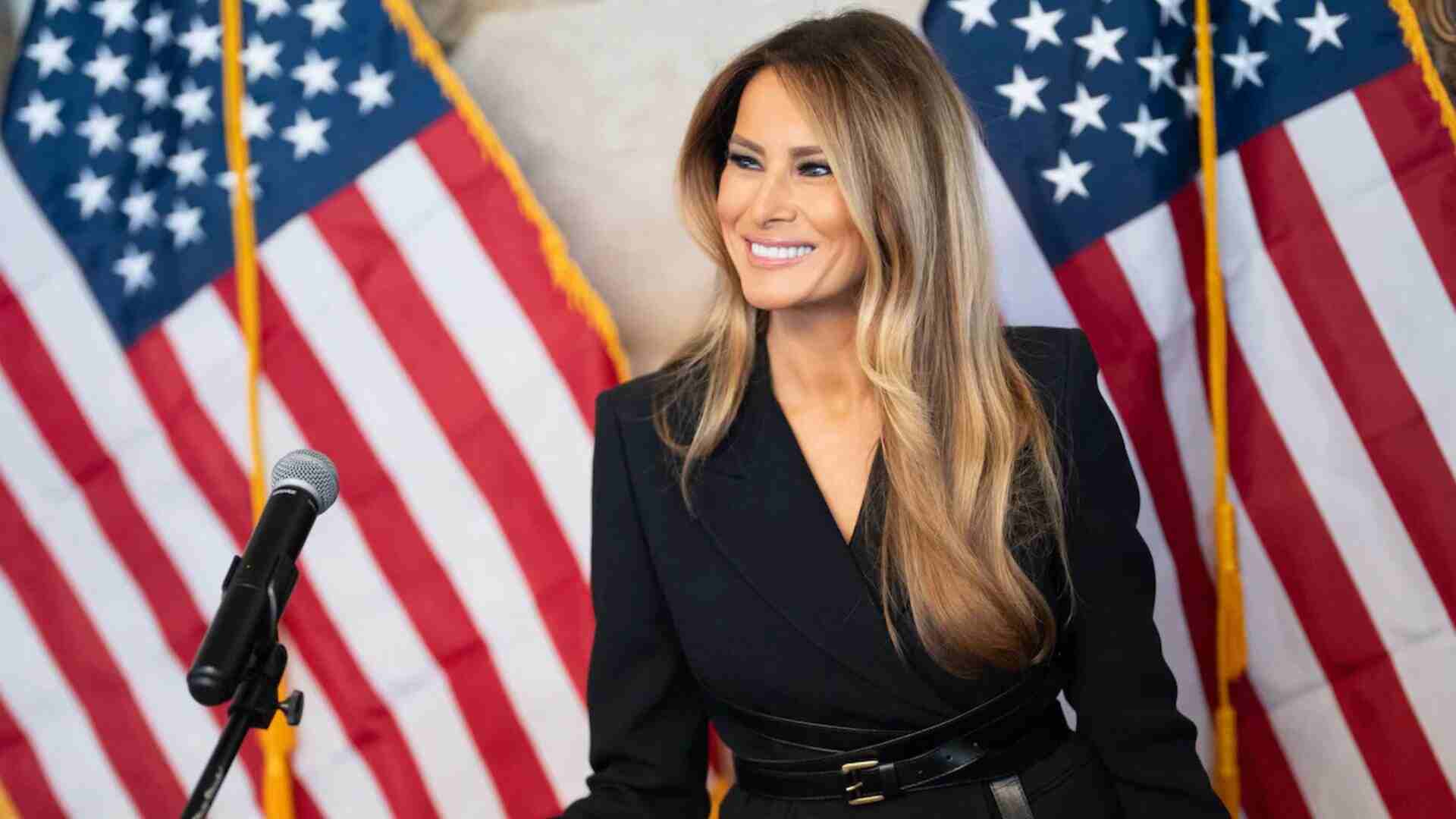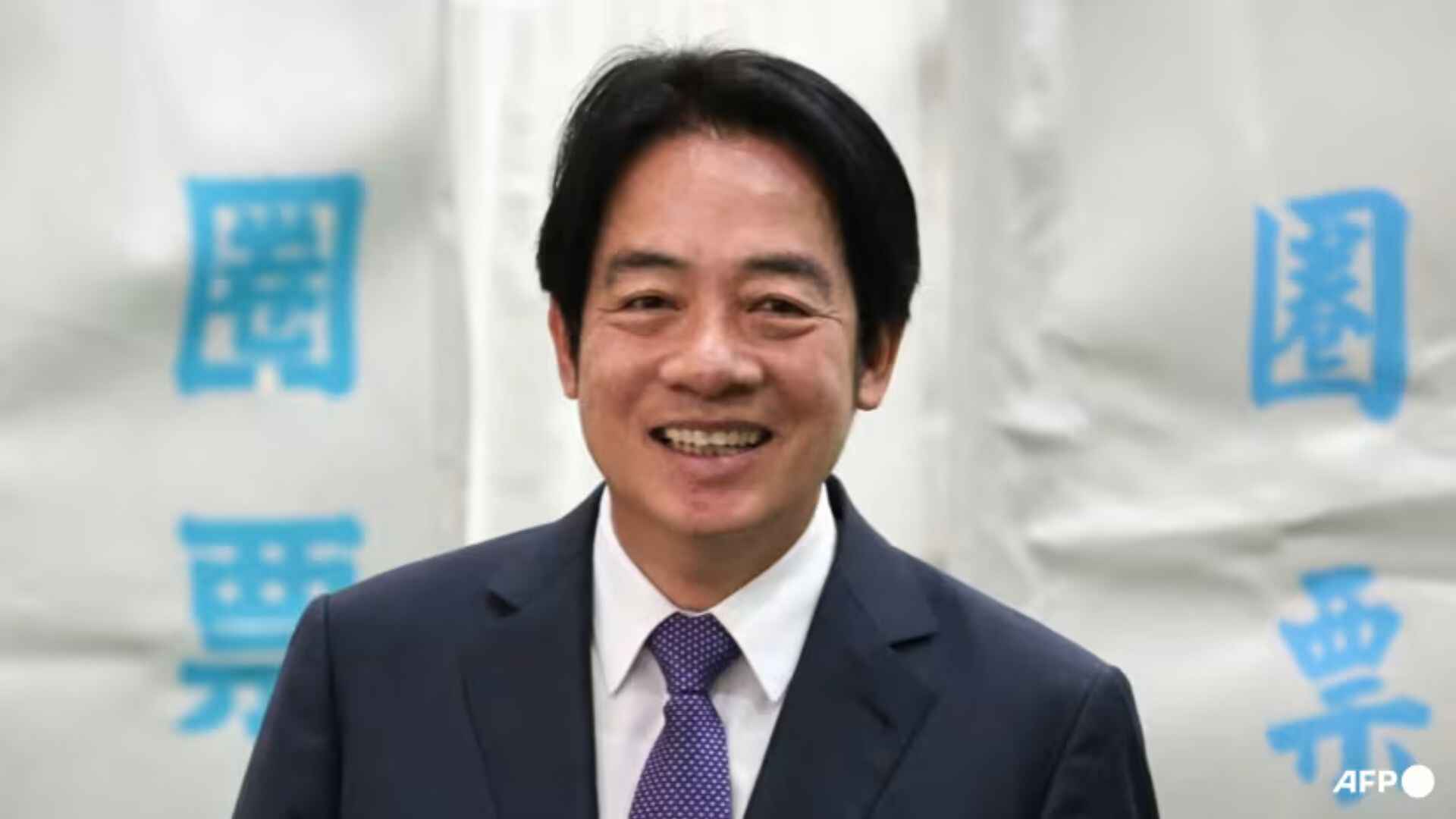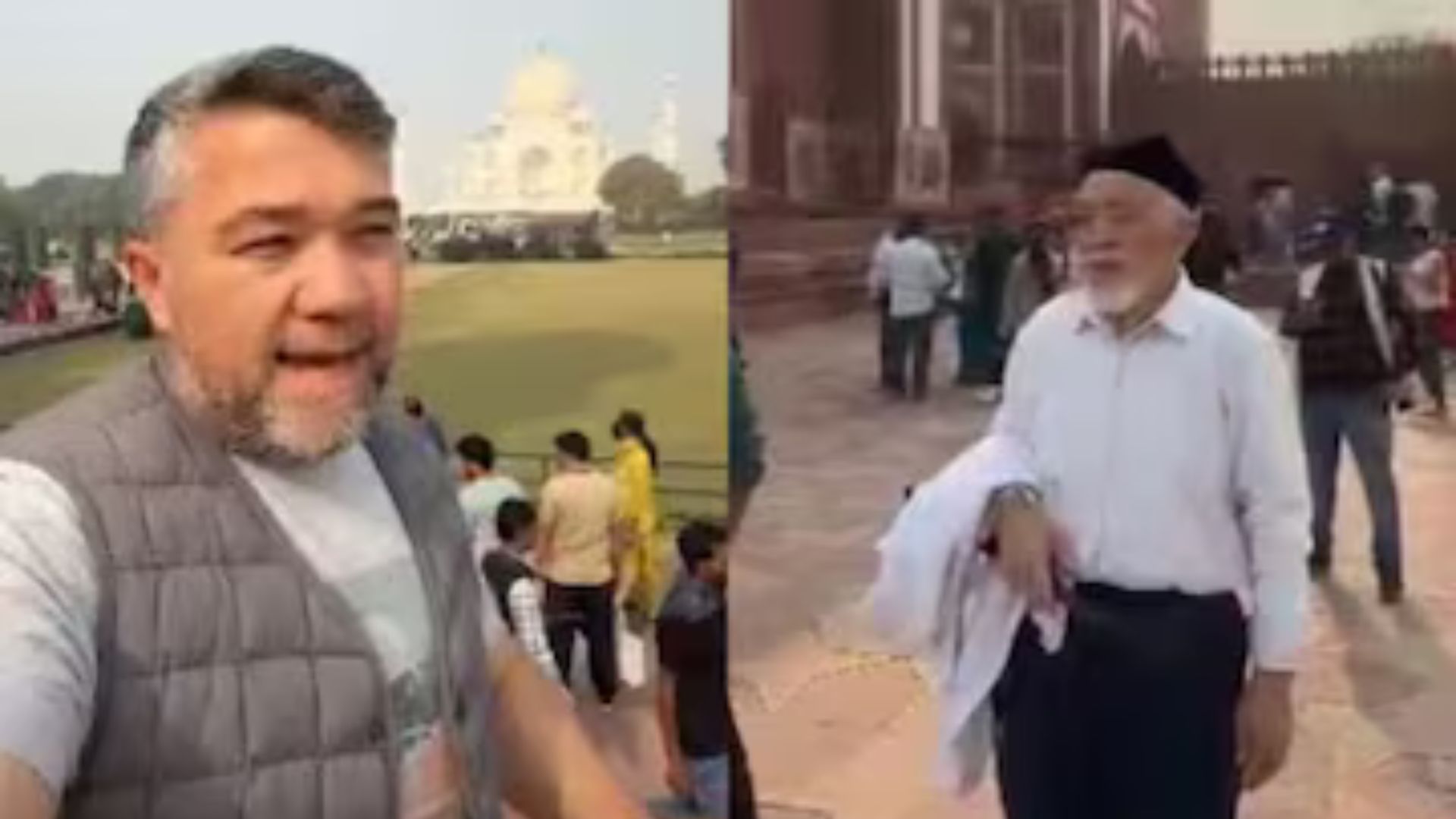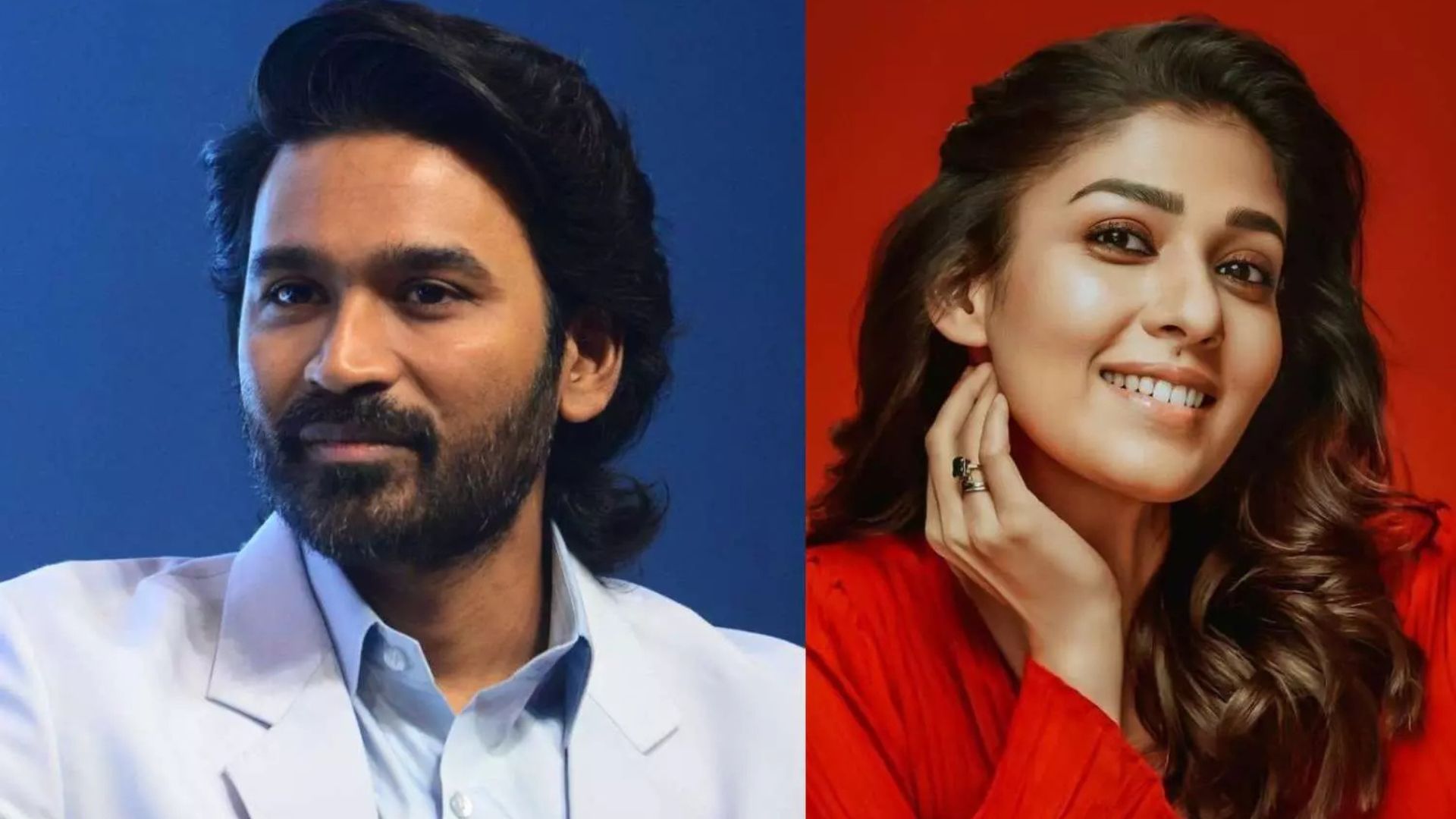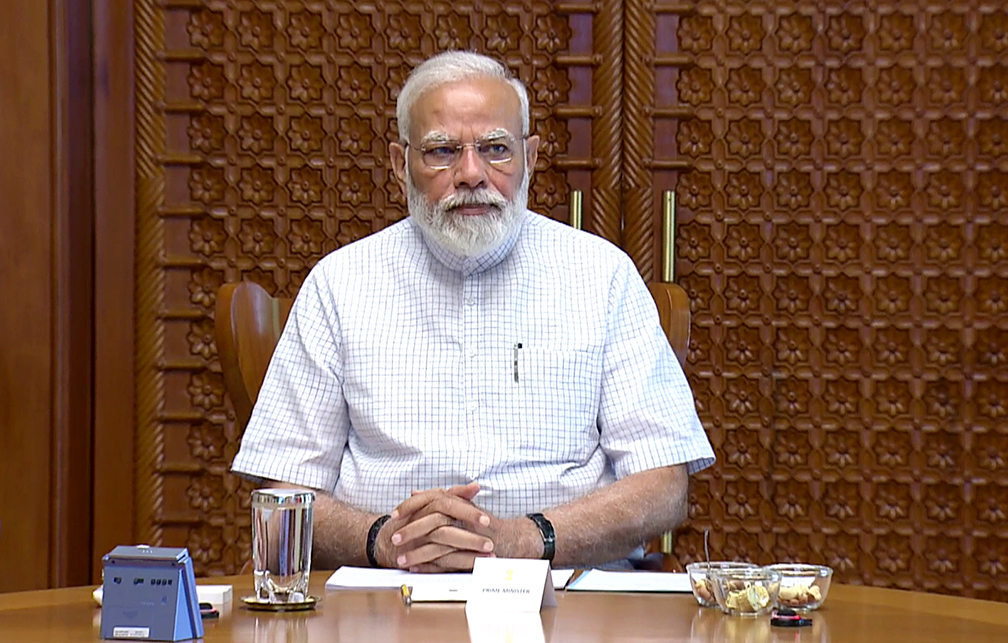
PM Modi’s first visit to Egypt last week may have been overshadowed by his historic state visit to the United States, but the Indian leader, perhaps for the first time, personally initialed the bilateral “Strategic Partnership” document with President Abdel Fattah El-Sisi, ushering in a new chapter with the Arab world.
This was the first bilateral visit by an Indian Prime Minister since then-Prime Minister I K Gujral in 1997. While the public focus was on bilateral economic cooperation and Global South cooperation, India’s main goal was to reach out to Egypt, which is still the Arab League’s headquarters and is regarded as the Arab World’s leader.
The visit came at a time when the Islamic world’s leadership is being contested by Sunni Saudi Arabia, Qatar, the United Arab Emirates, Shia Iran, and Turkey, the legatee of the Ottoman Empire.
Although Prime Minister Modi has visited Saudi Arabia, the United Arab Emirates, Qatar, and Iran, with Turkish President Recep Erdogan visiting India, the outreach to Egypt, the seat of Islamic learning, was intended to fill a critical gap.
When it comes to combating religious radicalization, both India and Egypt are on the same page, with President Sisi demonstrating his firmness against the Muslim Brotherhood and its radical affiliates throughout the Middle East. Although Saudi Arabia and the United Arab Emirates have banned the Muslim Brotherhood and designated its affiliates as terrorist organizations, countries such as Qatar, Kuwait, and even Shia Iran have a cozy relationship with this pan-Islamic network.
